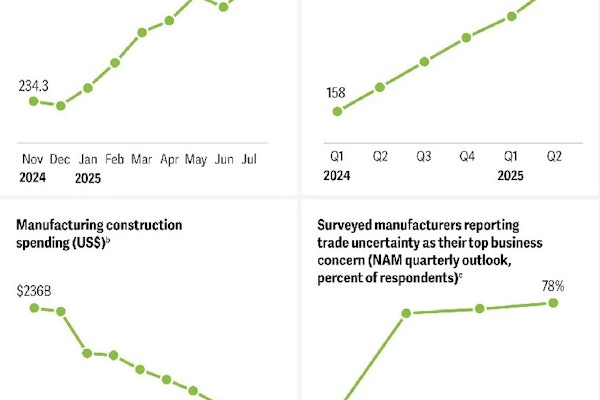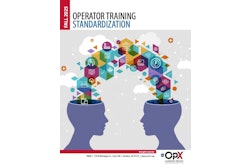“I would prefer to work independently with little to no supervision.”
“It feels like our CRM is there to look over my shoulder and track everything I am doing.”
“I wish we could get rid of all these internal meetings where we discuss territory plans and do pipeline and deal reviews. I just want to focus on selling instead of being micro-managed.”
Sound familiar?
These statements are a common sentiment that managers are hearing from their salespeople. The movement in sales today - especially due to remote working over the past few years - is a push to be left alone with limited to no oversight. Most salespeople believe that they can function on their own and that their manager’s role is to simply support them as needed. This might include responding to their requests for special pricing and delivery needs, helping with technical issues and supporting them in the field when a perceived need arises - anything beyond reactively helping is viewed as micro-management.
This philosophy that a sales manager is there to be a passive resource would be valid if every salesperson were successfully meeting quota, bringing in new accounts and maintaining high margins. Unfortunately, this is not the case when a significant percentage of salespeople are failing to meet their revenue goals. This problem isn’t limited to less experienced salespeople; even the more seasoned reps run into these issues, though presently these challenges are being masked by the massive organic demand from existing clients. If the economic climate changes, most organizations would be negatively impacted and left with insufficient means of adapting.
Compounding this issue is that many in sales management today pride themselves on a more hands-off style where they manage to the end results. In most cases, emphasis is on the quantity and dollar value of the pipeline as well as actual top line revenue achieved. While undeniably these lag-indicators are important, with so many salespeople struggling in a reactive mode, it is more critical than ever that sales managers also hold the team accountable for lead-indicators which include prospecting activity and sales process adoption.
“We have done everything to help our reps be successful. We have offered new incentives, sales training, lead generation, access to the research data and assistance in the field whenever they need it. Still, they are not managing their time properly, won’t prospect on new accounts, and are failing to proactively expand existing ones. Do we need to do the selling for them?!”
All too often we are hearing this from companies who are well-intentioned and highly committed to their team’s success. While all the above possible remedies are important factors, the one place most organizations are failing is their sales management approach. If we are going to bridge the divide between a management that wants results and salespeople who want independence, then a more proactive and scalable approach to sales management is necessary. Management can no longer lead with a hands-off attitude: rallying behind the best salespeople, top opportunities, and key accounts, while the lower half of the team is a revolving door with a high rate of failure and turnover.
Micro-management vs coaching…is there a difference?
To create a repeatable process for coaching and establish a sales culture of discipline and accountability, we must first clarify the difference between micro-management and coaching. According to Indeed.com, “signs of micromanagement include a manager that is becoming overly involved in their team member’s daily activities, discourages independent thinking and decision making, routinely monitors every task and frequently asks the employees to stop their work for unplanned oversight.” The opposite definition is true of a great manager who:
1) Encourages critical thinking
2) Promotes independence
3) Guides towards success without the expense of freedom
“A mentor is always available when the employee asks for help, a coach does not wait to be asked.”
If we are going to coach salespeople to thrive in any economic condition, we must put routines in place to coach them even when they don’t perceive the need for it. These practices include the following:
1) Pipeline reviews focusing on early and mid-stage opportunities (vs only on “what’s closeable’’)
2) Deal reviews coaching to the sales process and playbook (vs simply offering experiential guidance)
3) Account expansion reviews looking for opportunities to expand relationships and provide solutions
4) Weekly reviews offering critical feedback on CRM usage, accountability, and process compliance
5) Joint calls with the objective of observing and offering feedback (vs taking over and closing the deal)
All these ongoing management routines are put in place to promote accountability and growth. They are not meant to suppress independent thought, but rather create a framework for promoting it. If we are going to build successful sales teams, then we need to combat the perception that pro-active coaching is a form of micro-managing.
“Coaches have to watch for what they don’t want to see and listen to what they don’t want to hear.” – John Madden




















